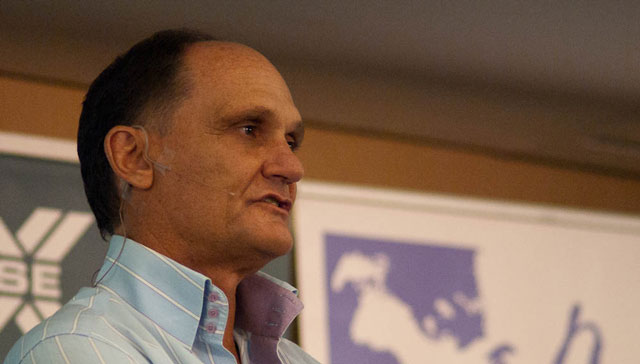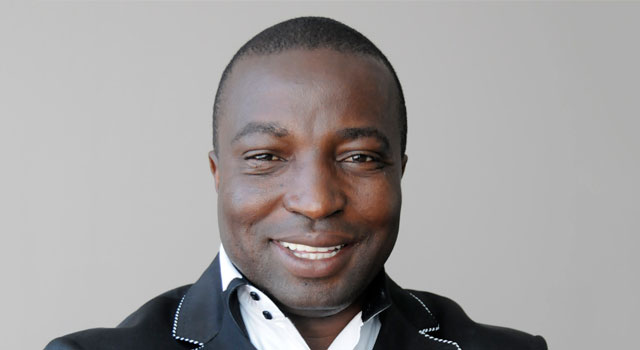
The Internet Service Providers’ Association (Ispa) has argued that insufficient competition between mobile operators is keeping the cost of mobile broadband higher than it should be and limiting uptake by South African consumers.
But the operators say it’s not that simple.
Vodacom spokesman Richard Boorman says broadband penetration is partly a function of pricing, but coverage is also a “key consideration”.
“The challenge for the industry is balancing the network investment needed to increase coverage and capacity with the drive to continue to reduce prices.”
Vodacom has been “investing heavily” in its network — R7bn in South Africa in just the past year and R28bn over the past five years. This, Boorman says, is done to ensure more people have coverage and to provide greater capacity. “In turn, this allows us to bring our costs and prices down.
“Unlike the massive increases we’ve seen in fuel, electricity and food prices, there have been significant and consistent reductions in mobile data prices, to the point that South Africa’s mobile data prices are much more comparable to those in other countries,” Boorman says.
“It’s also worth keeping in mind that the cost of providing coverage across South Africa, with large and sparsely populated areas, is different to more highly urbanised countries.”
Cell C CEO Alan Knott-Craig tells TechCentral that there are a number of factors to consider when evaluating whether or not mobile broadband prices are too high. Devices for access are still expensive and, although there has been a “significant reduction in the price of broadband” in recent years, “it bears noting that Ispa members add their own cut to the price of services they obtain on a wholesale basis from [operators]”.
More competition would “obviously” reduce prices, he adds. “As in the voice market, increased competition is one of the more influential factors in reducing price. However, competition needs to be sustainable over the long term, so any intervention to increase competition needs to take account of the cost of provision.”
Cell C would welcome increased competition, “subject to it being sustainable”.
“Any regulatory intervention that is found to be necessary, after a proper investigation, must be proportionate.”
That’s not to say that reducing the cost of mobile broadband will drive uptake by consumers. Knott-Craig argues that other factors must be considered, including device price, availability, quality, speed, congestion, and Internet service provider mark-ups.
“It’s not just about what the [operators] charge, but also about the cost of backhaul, and terms of access to cable landing stations and other sources of high speed broadband capacity,” Knott-Craig says.
MTN South Africa chief corporate services officer Robert Madzonga says the argument that the high cost of mobile broadband is limiting uptake is flawed.

“The highest barrier to take-up is device cost,” Madzonga says. “Access to broadband requires laptops, tablets or smartphones that are still beyond the means of many South Africans. Tablets and smartphones can only be obtained from international manufacturers and imported into South Africa.”
The cost of devices obtained from manufacturers is decreasing “as the demand increases from subscribers”.
Another issue is the cost of investment in infrastructure. MTN’s network covers more than 68% of South Africa’s population with 3G signals. “That’s a commendable result in a country the size of South Africa.”
In order to expand its coverage and increase 4G coverage, Madzonga says “substantial investment in the radio network and fibre to the system” is necessary.
“Questions need to be asked as to why other [telecoms] licensees are not taking the risk and putting money into the ground to develop the infrastructure in South Africa so as to compete fairly. We note the increasing calls for regulatory interventions but we would rather welcome a commitment to infrastructure investment.”
Madzonga argues that the mobile data market is “effectively competitive”.
“One only needs to read the various articles and have regard to advertisements from a variety of mobile operators to realise that the market is effectively competitive. Aggressive price competition is evident among competitors and, consequently, the price of mobile broadband has decreased by more than 75% since 2011 – a result of intense competition and not regulatory intervention.”
According to Madzonga, “statements are often made that prices are too high without any real substance or justification”. — (c) 2013 NewsCentral Media

